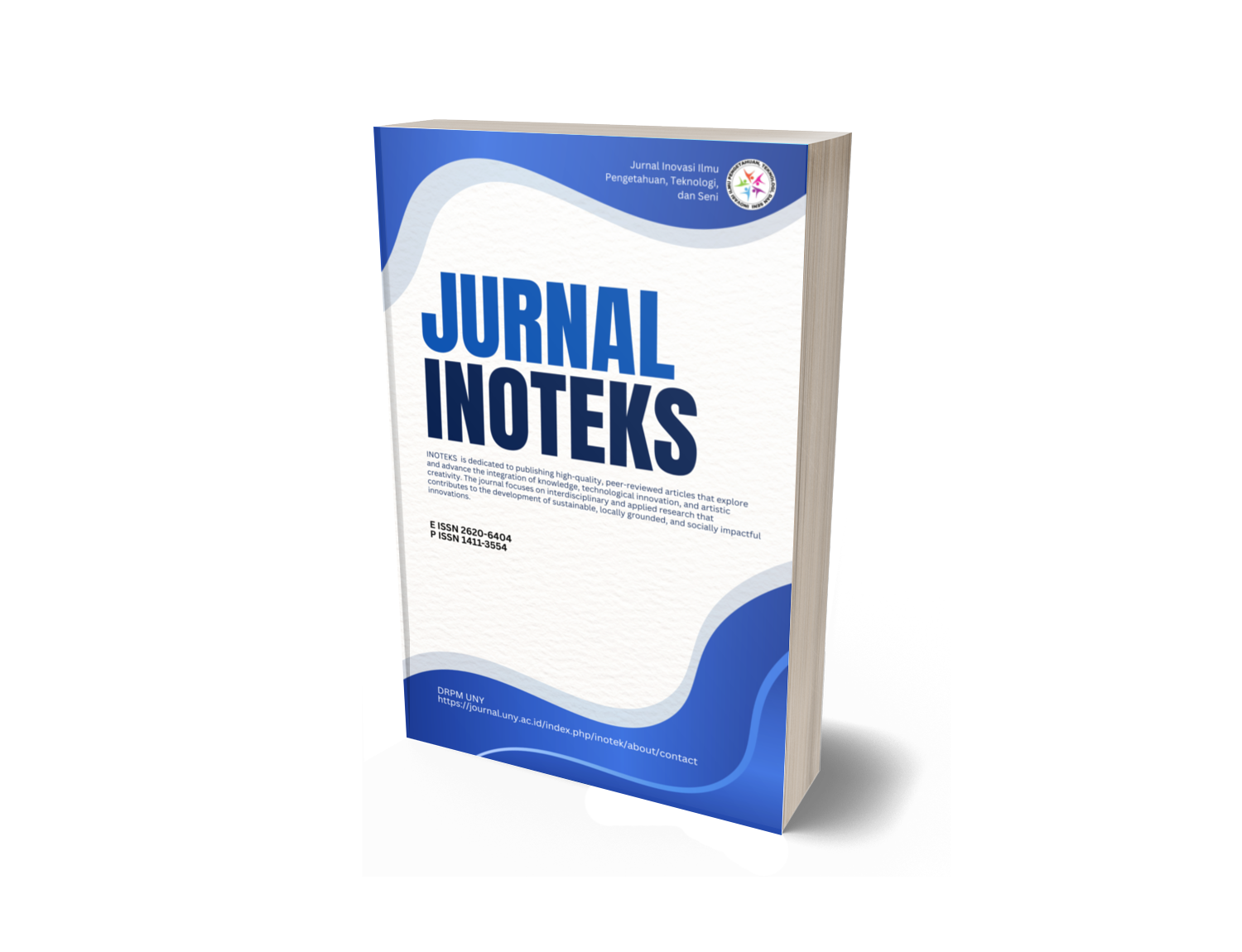THE DEVELOPMENT OF TRADITIONAL SNACK QUALITY THROUGH ENGINEERING PROCESS AND PRODUCT DIVERSIFICATION TOWARD A CREATIVE AND ADVANCED VILLAGE
DOI:
https://doi.org/10.21831/ino.v22i1.19281Abstract
The purpose of community service is 1) to improve knowledge and skill to make a standard of clean and safe snack product, 2) to diversify snack food product, 3) to expand marketing reach to optimize snack food producer potency toward a creative village of Yogyakarta City. The training was followed by the sellers who are also a snack food maker in Kampung Tegalkemuning, Tegalpanggung, Danurejan Yogyakarta. The number of participants who attended the practice was twenty-four people. The group consists of families that had traditionally produced traditional snacks which were sold every day in several snack shops, several institutions, and some hotels. The methods used in the community service activities are a) lectures and discussions on the scope of snacks, food security, packaging and marketing, b) diversification competitions of cassava-based snacks and the processed products, c) training in snacks development and expanding marketing reach. The results of the community service are that the participants enthusiastically attended the training, as most of the participants wanted to move forward and develop. The achievement of the practice is the trainees understand and able to create snack products, especially packaging, marketing and product diversification. Participants can produce quality snacks and increase turnover.
References
As'ad, M. (1998). Kewiraswastaan. Jakarta: Agung.
Bart, P.H. (1981). Pengertian memasak modern. Yogyakarta: Nur Cahaya.
Depdiknas. (2002). Pola pelaksanaan pendidikan berorientasi kecakapan hidup (life skill) melalui pendekatan broad based education (BBE). Jakarta: Tim Broad Based Education.
Hadi Susanto, D. (1984). Pengantar ilmu pendidikan. Yogyakarta: FIP IKIP Yogyakarta.
Harsopranoto. (1987). Bimbingan keterampilan kerja. Jakarta: Departemen Sosial.
Slameto. (1991). Belajar dan faktor-faktor yang mempengaruhi. Jakarta: Rineka Cipta.
Soleman, D. (1983). Pengantar kepada teori dan praktik. Semarang: IKIP Press.
Tarmudji, T. (1996). Prinsip-prinsip wirausaha. Yogyakarta: Liberty.
Downloads
Published
How to Cite
Issue
Section
Citation Check
License
- Authors certify that the work reported here has not been published before and contains no materials the publication of which would violate any copyright or other personal or proprietary right of any person or entity.
- Authors transfer or license the copyright of publishing to Jurnal Civics: Media Kajian Kewarganegaraan to publish the article in any media format, to share, to disseminate, to index, and to maximize the impact of the article in any databases.
- Authors hereby agree to transfer a copyright for publishing to Jurnal Civics: Media Kajian Kewarganegaraanas a Publisher of the manuscript.
- Authors reserve the following:
- all proprietary rights other than copyright such as patent rights;
- the right to use all or part of this article in future works of our own such as in books and lectures;
- use for presentation in a meeting or conference and distributing copies to attendees;
- use for internal training by author's company;
- distribution to colleagues for their research use;
- use in a subsequent compilation of the author's works;
- inclusion in a thesis or dissertation;
- reuse of portions or extracts from the article in other works (with full acknowledgement of final article);
- preparation of derivative works (other than commercial purposes) (with full acknowledgement of final article); and
- voluntary posting on open web sites operated by author or author's institution for scholarly purposes, but it should follow the open access license of Creative Common CC BY-NC-SA License.









